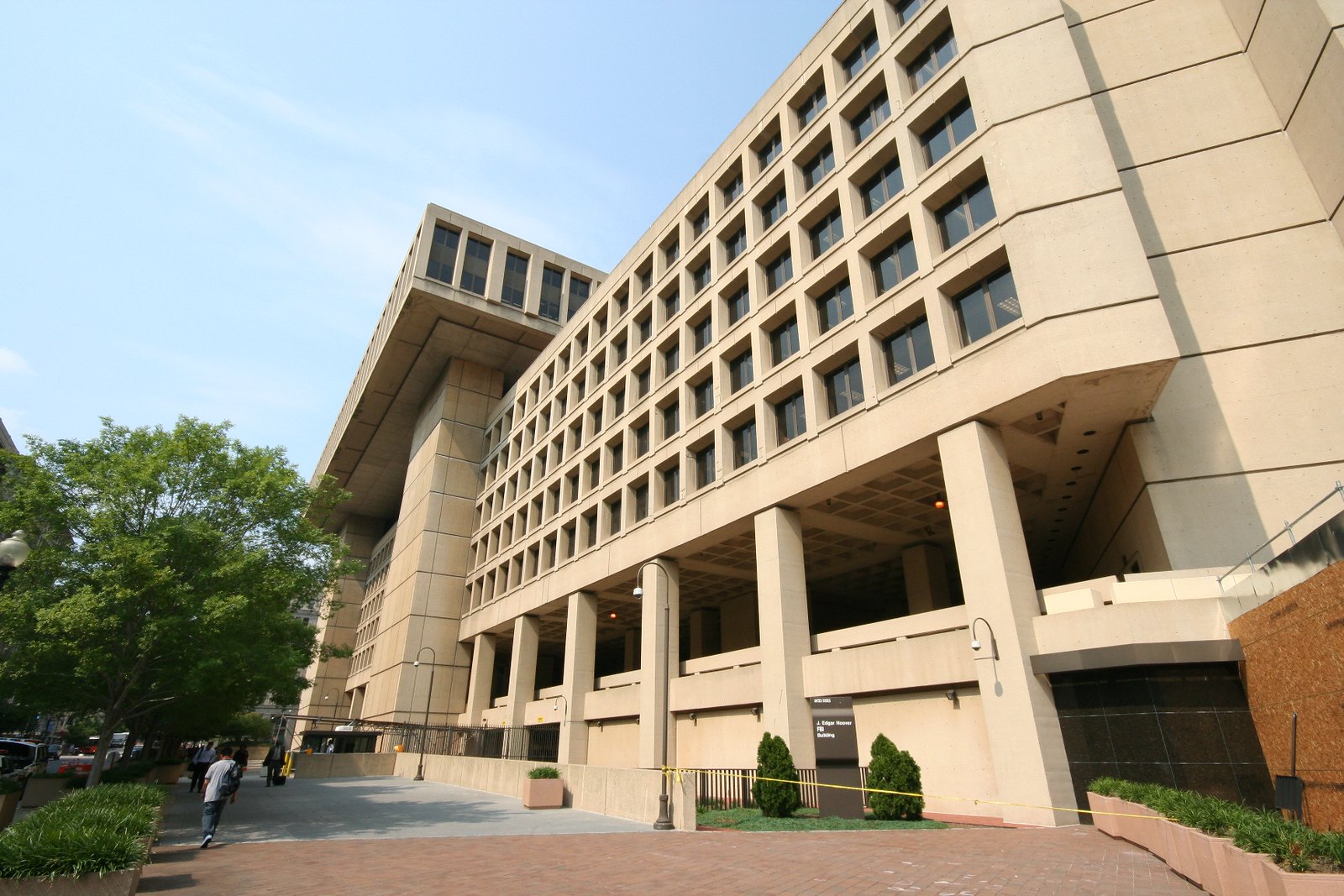Today's Headlines and Commentary
On Monday evening, the House intelligence committee voted along party lines to release Chairman Devin Nunes’s memo on alleged government surveillance abuses and to block the release of Democrats’ rebuttal memo, the Washington Post reports.
Published by The Lawfare Institute
in Cooperation With

On Monday evening, the House intelligence committee voted along party lines to release Chairman Devin Nunes’s memo on alleged government surveillance abuses and to block the release of Democrats’ rebuttal memo, the Washington Post reports. This vote gives President Trump five days to review the memo’s contents and decide whether to halt the committee’s publication. On Tuesday, House Speaker Paul Ryan urged Republicans not to overstate the findings of the Nunes memo or connect the memo’s findings with the special counsel investigation, Politico reports. The speaker stated during a news conference that Robert Mueller’s ongoing investigation must remain unimpeded. Sen. Susan Collins pressed House Republicans to slow the controversial memo’s release and encouraged them to consult with the FBI and the Justice Department before making the memo public.
According to the Federal Communications Commission, the emergency management services worker in Hawaii who issued the false alert of an incoming ballistic missile on Jan. 13 did so deliberately, the New York Times says. While previous reports described the incident as an accident, the worker in question purposefully sent the alert after misinterpreting testing instructions as evidence that the state faced a real threat. To prevent similar incidents in the future, the FCC voted on Tuesday to improve the geographic precision of emergency alerts, enabling public safety officials to direct emergency notifications to within a tenth of a mile of the affected area.
Despite the Trump administration’s decision on Monday not to impose new sanctions on Russia, hawkish Republicans remain unphased and see this initial setback as just the beginning of sanctions discussions, Axios reports. Sen. Bob Corker, the chairman of the Senate Foreign Relations Committee, instructed reporters that the administration continues to take sanctions “very seriously.” On Tuesday, Treasury Secretary Steve Mnuchin defended the administration’s decision to delay the imposition of sanctions but told senators that “there will be sanctions that come out of this report,” Politico reports. The Post has more details on the Trump administration’s decision.
The Pentagon released a preliminary report on the effects of climate change on military facilities in the U.S., the Post reports. The report found that army installations in the U.S. frequently experience drought, wind damage, and “non-storm surge-related flooding.” The report both expresses and evidences growing concerns among defense officials about the problems that climate change could pose the U.S. military. In the coming months, the Pentagon is required to write a report for Congress outlining the specific installations that are vulnerable to “rising tides, increased flooding, drought, desertification, wildfires, thawing permafrost.”
The Trump administration announced on Monday evening that it lifted its ban on refugees from 11 countries formerly put on hold for a 90-day security review, the Times reports. Refugees from Egypt, Iran, Iraq, Libya, Mali, North Korea, Somalia, South Sudan, Sudan, Syria, and Yemen will once again be admitted into the States, but only after satisfying heightened security requirements. Refugee resettlement agencies lauded the decision to reopen American borders to refugees from these countries. But agency representatives quipped that the additional screening implemented by the administration seems intended to reduce the number of arrivals from Muslim-majority countries by making it more difficult for them to meet the basic requirements for entry.
In an interview with the BBC, CIA director Mike Pompeo stated that covert Chinese efforts to influence the West are just as dangerous as Russian interference and subversion, the BBC reports. Pompeo cited Chinese attempts to steal U.S. commercial information and infiltrate schools and hospitals as points of particular concern. The CIA director is not the only person worried about the quiet spread of Chinese influence, however. Referring to the Chinese Belt-and-Road Initiative as the Marshall Plan of the 21st century, Andrew Browne for the Wall Street Journal argues that the audacious infrastructure development program has enabled the rapid expansion of Chinese economic and political might and has gone entirely unanswered by the United States.
The State Department revealed that a Russian Su-27 jet came within five feet of a U.S. Navy plane—a NATO military jet—in international airspace over the Black Sea on Monday, the Post reports. Heather Nauert, a State Department spokeswoman, described the incident as being of “the highest level concern.” This encounter is the latest in a string of Russian provocations of U.S. and NATO aircraft, which include an incident last June during which a Russian fighter jet hovered mere feet away from an American reconnaissance plane flying over the Baltic Sea. Provocations such as these have been of increasing concern to Europe since 2014.
ICYMI: Yesterday on Lawfare
Benjamin Wittes argued that attempts by President Trump and Rep. Devin Nunes to discredit the deputy attorney general threaten the independence of and public trust in federal law enforcement.
Wittes also offered a brief response to FBI deputy director Andrew McCabe’s abrupt departure from the bureau, saying McCabe “deserves the benefit of every doubt” until evidence of wrongdoing emerges.
Paul Rosenzweig argued against nationalizing the development of 5G network infrastructure in the U.S., responding to an Axios story which reported that national security officials in the Trump administration are considering this proposal.
Matthew Waxman shared the complete text of his engaging review of Noah Feldman’s “The Three Lives of James Madison.”
Rosenzweig posted the latest installment of Bits and Bytes.
Liron Libman provided an overview of the history and current legal status of the death penalty in Israel in response to a bill introduced to the Knesset that would permit military courts to sanction the execution of convicted terrorists.
Email the Roundup Team noteworthy law and security-related articles to include, and follow us on Twitter and Facebook for additional commentary on these issues. Sign up to receive Lawfare in your inbox. Visit our Events Calendar to learn about upcoming national security events, and check out relevant job openings on our Job Board.



.png?sfvrsn=48e6afb0_5)

